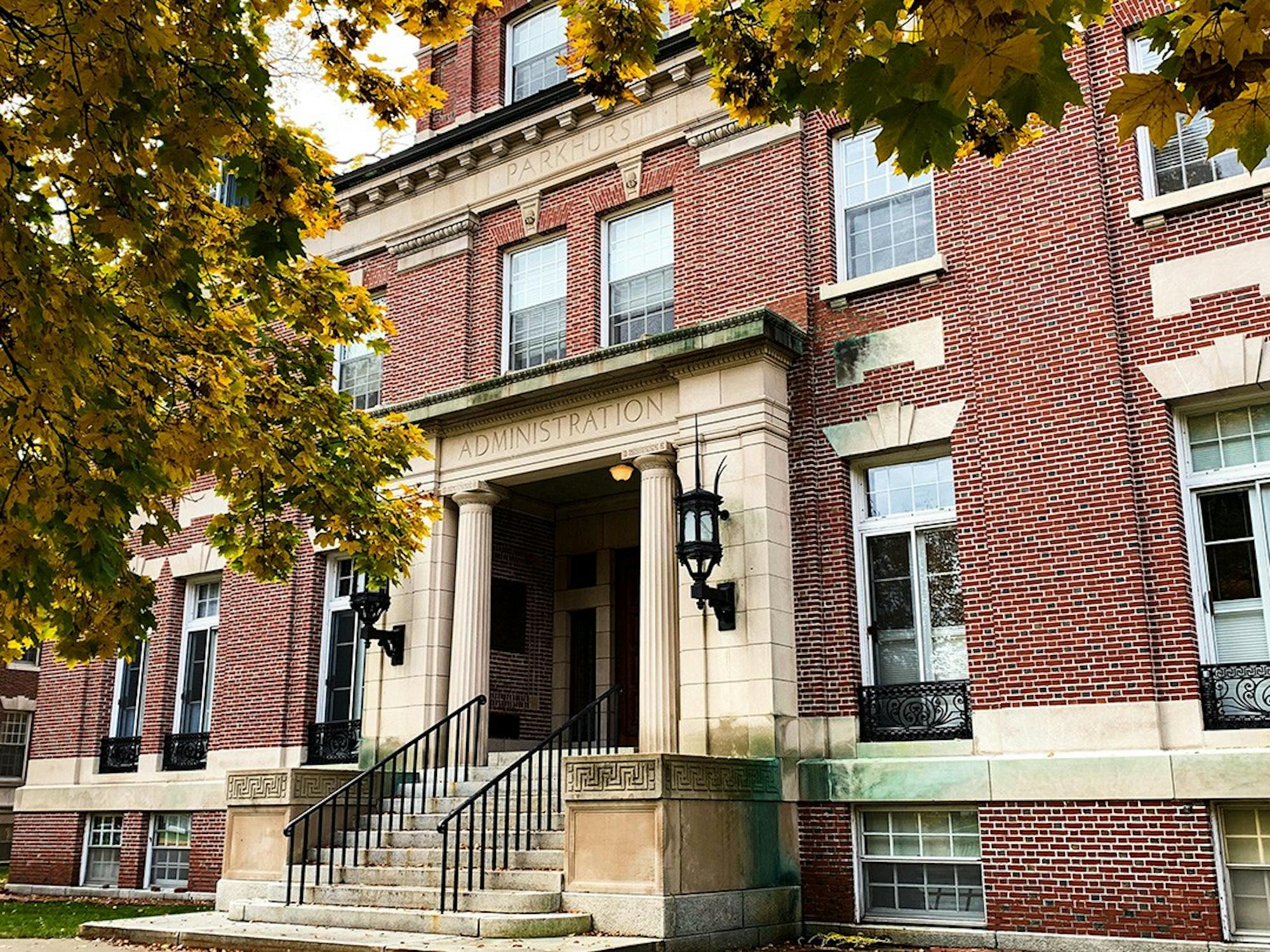9:00 p.m.
Expanding on her previous statement, College President Sian Leah Beilock issued a second statement this afternoon on Hamas’s continued assault against Israel, characterizing its actions as “horrific terrorist attacks.”
The statement, which was posted to Beilock’s social media accounts on Instagram and X, formerly known as Twitter, followed an Oct. 10 community message from the President, which did not describe Hamas’s actions as terrorism.
In the days since Hamas’s attacks began on Oct. 7, the leaders of the seven other Ivy League universities have issued varying statements on the war, with the presidents of Harvard University, Yale University and Cornell University explicitly condemning Hamas; Cornell’s president issued a condemnation in a secondary statement.
Letters from the presidents of Princeton University and Brown University respectively labeled Hamas’s aggression as “terrorist attacks,” while the presidents of the University of Pennsylvania and Columbia University each called the assault “horrific.”
Beilock’s statement this afternoon also invited community members to an Oct. 12 vigil, which will be co-hosted by Hillel at Dartmouth and the Rohr Chabad Center at Dartmouth “in support of our Jewish students and community,” she wrote.
According to an Oct. 10 campuswide email announcement from Hillel, the candlelight vigil “to stand in solidarity with the people of Israel” will begin tomorrow at 7 p.m.
“This is a time for us to mourn the loss of life, offer healing for the wounded, demand the return of the captives and pray for peace,” the announcement wrote.
The College will be hosting the second of two community forums on the war tomorrow in Filene Auditorium at 5:00 p.m. Viewers can access a livestream of the event.
Correction Appended (Oct. 12, 1:00 p.m.): A previous version of this article characterized Beilock’s second statement as a “reversal” to her previous statement on Hamas’s attacks against Israel. We believe a more accurate characterization of this second statement would be a “clarification“ or “expansion” on her initial statement. This article has been updated.
5:00 a.m.
On Oct. 10, President Sian Leah Beilock released a statement to the Dartmouth community titled “Statement on the Israel-Gaza War” in which she wrote of how she “watched with growing horror” as Hamas, a terrorist organization, attacked Israel.
Unlike the responses issued by a majority of Ivy League university presidents, Beilock did not denounce Hamas for its attacks.
In their respective statements, the presidents of Harvard University and Yale University explicitly condemned Hamas; Princeton University and Brown University’s presidents each labeled Hamas’s actions “terrorist attacks,” while the presidents of the University of Pennsylvania and Columbia University each described the violence perpetrated by Hamas as “horrific.”
During a speech from the White House on Oct. 10, President Joe Biden called Hamas’s actions an “act of sheer evil.”
“We stand with Israel,” Biden said. “And we will make sure Israel has what it needs to take care of its citizens, defend itself and respond to this attack. There is no justification for terrorism. There is no excuse.”
In her statement, Beilock wrote that she wanted “to extend [her] concern” for those affected by the war, adding that her administration has continued to work throughout the week “to make sure our community members … are as safe and supported as possible.”
“Adding to my deep sorrow over the overwhelming human tragedy playing out in Israel and Gaza are the ways in which the war affects Dartmouth’s global community and many of our colleagues, peers and friends,” Beilock wrote.
Beilock attached in her statement an Oct. 9 message from Dean Elizabeth Smith and Senior Vice President Shontay Delalue which offered two community forums to discuss the war. According to the statement, the first discussion, held on Oct. 10, convened in person in Haldeman 041 at 5 p.m. and was jointly live streamed. The second forum will be held on Oct. 12 at the same time and in the same location, the statement added.
Correction (11:15 p.m.): A previous version of this article stated that Hamas began attacking Israel on Oct. 8. This article has been updated.




